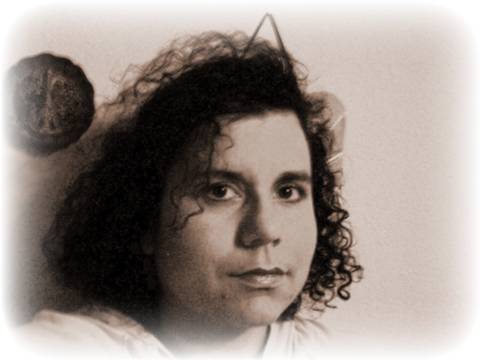For your reading pleasure: Essay by C.M. Mayo
In my translation work, I typically encounter form letters, employee procedures, and specialized terminology. The closest I have ever come to literary translation was the time I was asked to translate a line in a greeting card. I have nothing but admiration for literary translators who produce quality work and strive to retain the author's tone in a different language.
On that note, I found a link to an essay titled "The Essential Francisco Sosa or, Picadou's Mexico City" by C.M. Mayo, writer, poet, and translator of contemporary Mexican poetry and fiction.
Technorati tags: literary translation
On that note, I found a link to an essay titled "The Essential Francisco Sosa or, Picadou's Mexico City" by C.M. Mayo, writer, poet, and translator of contemporary Mexican poetry and fiction.
Technorati tags: literary translation



2 Comments:
Having done both kinds, I must admit I prefer the non-literary... ...literary takes attention, finesse, a muse. Legal or technical just involves turning on the eyes and hands and moving the consciousness out of the way.
That said, sometimes there are literary pieces that jump at you and DEMAND to be translated. I ended up translating a whole book of poetry that way a couple of months ago, much to the delight of the poet - and myself. But with rates for literary work being what they are - it's a special treat, not my bread and butter.
By Shunra, at 9:25 PM
Shunra, at 9:25 PM
Hello, shunra, and welcome. As I have said, my own experience with literary translation is limited.
I think both literary and non-literary translations bring their own challenges. I have done some translations where my consciousness, like you say, appears to switch off, and my fingers do all the work, to the point where 24 hours later I have trouble remembering the text I just translated.
But I have done others requiring me to spend half an hour just to research and look up one term. To me, it is like a puzzle and I love it.
By jo-hanna, at 12:50 PM
jo-hanna, at 12:50 PM
Post a Comment
<< Home